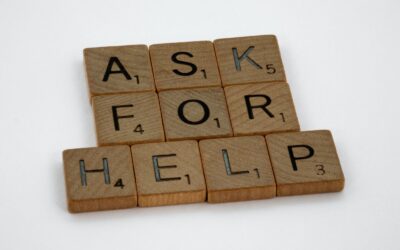Eating disorders take a toll on every aspect of your health, but they can be complicated to treat. If you’ve been diagnosed with an eating disorder, you may have tried many forms of treatment to develop a healthy relationship with food. Although it’s important to continue working with your established care team, incorporating ketamine into your treatment plan may be an option to consider. Here, we share more about the potential for ketamine therapy for individuals with an eating disorder.
How Are Eating Disorders Usually Treated?
Eating disorders typically require a multi-step approach when it comes to treatment. The approach depends upon symptoms, but often includes:
- Psychotherapy
- Nutrition education
- Inpatient rehabilitation
- Medication such as antidepressants
It’s important to note that medication alone won’t be enough to cure an eating disorder. A holistic approach is often necessary to help individuals with disordered eating to heal.
Why Ketamine May Help
Because eating orders are often connected to mental health, getting to the root of the problem can be challenging. If you’ve been attending therapy and/or taking traditional medications such as antidepressants with disappointing results, it may be time to consider additional treatments.
Ketamine is an FDA-approved anesthetic that has been safely used for decades. Originally used as a pain reliever during surgery, ketamine has more recently become a promising solution for chronic conditions such as depression, anxiety, PTSD, OCD, and more. Although ketamine hasn’t been widely used for the treatment of eating disorders, a limited number of studies suggest that it may be helpful. Since ketamine is often beneficial for those with obsessive-compulsive disorder, it’s thought that this drug may help patients alleviate compulsive thoughts and behaviors related to disordered eating.
Ultimately, your care plan will depend upon your symptoms and experiences as an individual. To learn more about whether ketamine therapy could be a valuable addition to your treatment regimen, speak with your medical team. If your providers determine that ketamine could be an appropriate fit, it’s likely that the first infusions will be administered in a residential or inpatient setting. If you have any other questions regarding ketamine and its many uses for treatment-resistant conditions, feel free to contact our team. Our founders are board-certified in internal and emergency medicine and have a deep appreciation for ketamine’s positive effects on mental health conditions. We would love to speak with you to learn more about your symptoms and help you determine the best path forward.
Photo by Fabian Møller on Unsplash



